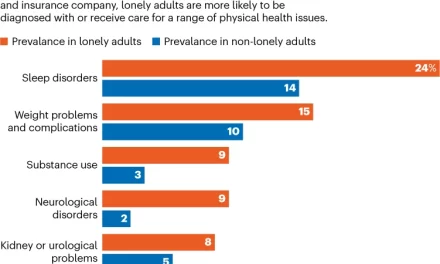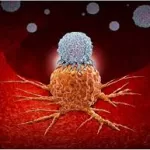Posted On: 08 FEB 2022 12:33 PM by PIB Delhi
According to the study report “India: Health of the Nation’s States”- The India State-Level Disease Burden Initiative in 2017 by the Indian Council of Medical Research (ICMR), it is estimated that the proportion of deaths due to Non-Communicable Diseases (NCDs) in India has increased from 37.9% in 1990 to 61.8% in 2016. The four major NCDs are cardiovascular diseases (CVDs), cancers, chronic respiratory diseases (CRDs) and diabetes which share four behavioural risk factors –unhealthy diet, lack of physical activity, and use of tobacco and alcohol.
The detailed proportion changes in Disability Adjusted Life Years (DALYs) number for the leading individual causes of these NCDs among women from 1990 to 2016 are given in the table below:
| Name of NCD | The proportion of changes in DALYs number | |
| 1990 | 2016 | |
| Cardiovascular diseases(IHD) | 2.9% | 6.6% |
| Chronic respiratory diseases (CRDs) | 2.7% | 4.4% |
| Diabetes | 0.7% | 2.2% |
| Cancer (Breast) | 0.7% | 0.9% |
Health is a state subject. The Department of Health & Family Welfare, Government of India, however, provides technical and financial support to the States/UTs under the National Programme for Prevention and Control of Cancer, Diabetes, Cardiovascular Diseases and Stroke (NPCDCS), (launched in 2010) as part of National Health Mission (NHM), based on the proposals received from the States/UTs and subject to the resource envelope. The programme focuses on strengthening infrastructure, human resource development, health promotion & awareness generation for prevention, early diagnosis, management and referral to an appropriate level of the healthcare facility for treatment of the Non-Communicable Diseases (NCDs).
Under NPCDCS, 677 NCD clinics at the District level, 187 District Cardiac Care Units, 266 District Day Care Centres and 5392 NCD clinics at Community Health Centre level have been set up to ensure the treatment of common NCDs.
A population-based initiative for prevention, control and screening for common Non-Communicable Diseases (NCDs) i.e. diabetes, hypertension and common cancers has been rolled out in the country under NHM and also as a part of Comprehensive Primary Health Care. Under the initiative, persons more than 30 years of age are targeted for their screening for the common NCDs, in which there is focus on screening of breast cancer and cervical cancer among women. Screening of these common NCDs is an integral part of service delivery under Ayushman Bharat – Health and Wellness Centres.
The preventive aspect of NCDs is strengthened under Comprehensive Primary Health Care through the Ayushman Bharat Health Wellness Centre scheme, by promotion of wellness activities and targeted communication at the community level. Other initiatives for increasing public awareness about NCDs and for promotion of healthy lifestyle includes observation of National & International Health Days and use of print, electronic and social media for continued community awareness. Furthermore, healthy eating is also promoted through FSSAI. Fit India movement is implemented by the Ministry of Youth Affairs and Sports, and various Yoga related activities are carried out by the Ministry of AYUSH. In addition, NPCDCS gives financial support under NHM for awareness generation (IEC) activities for NCDs to be undertaken by the States/UTs as per their Programme Implementation Plans (PIPs).
The Union Minister of State for Health and Family Welfare, Dr. Bharati Pravin Pawar stated this in a written reply in the Rajya Sabha today.












